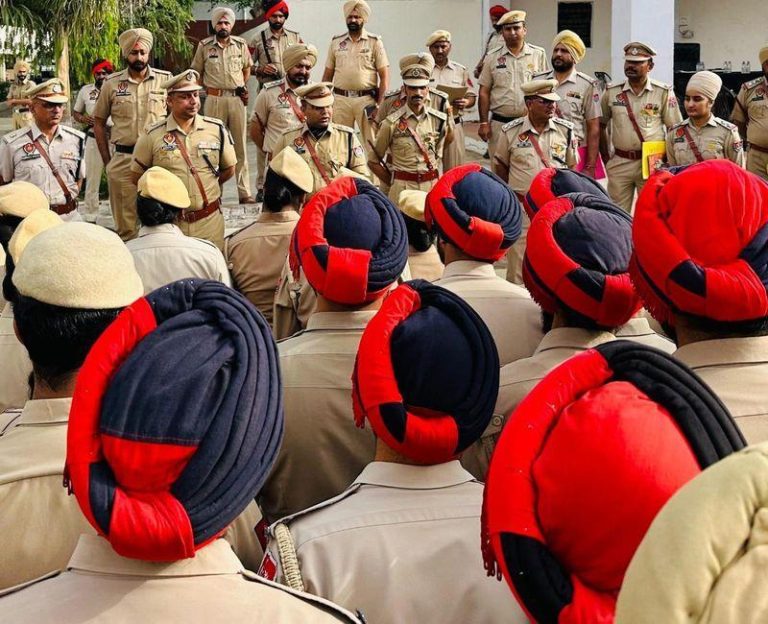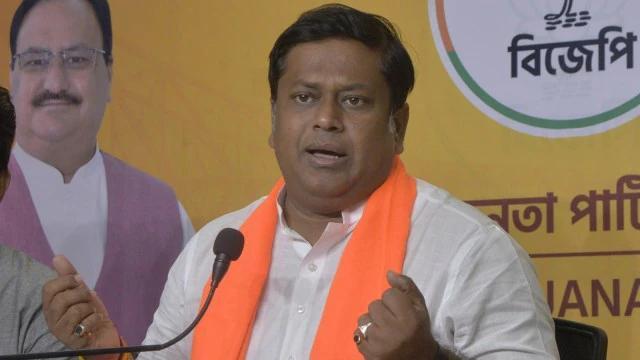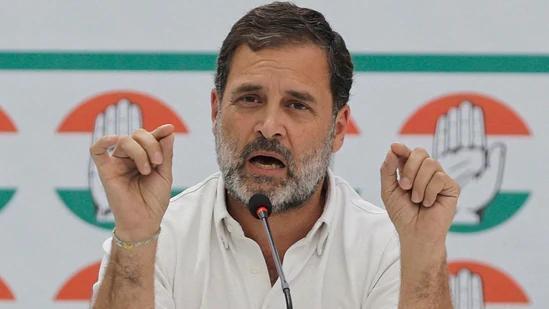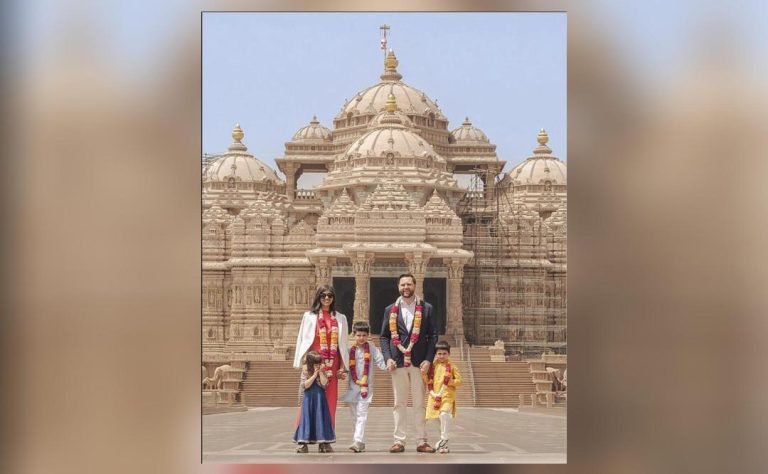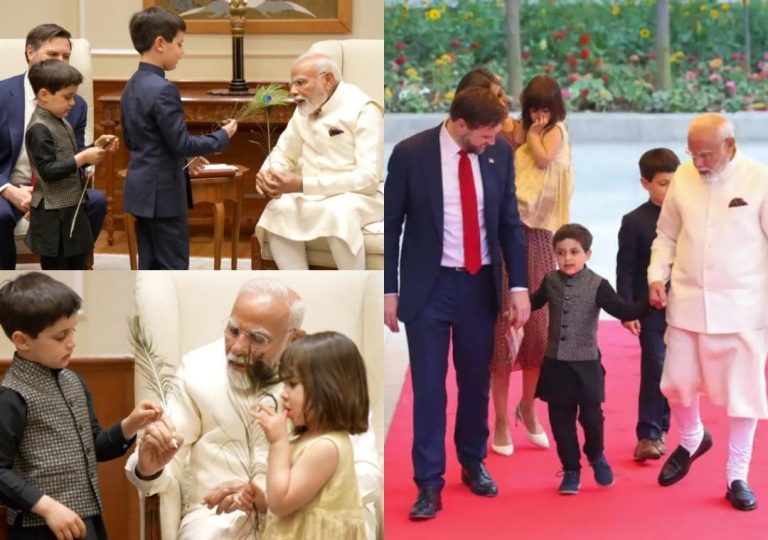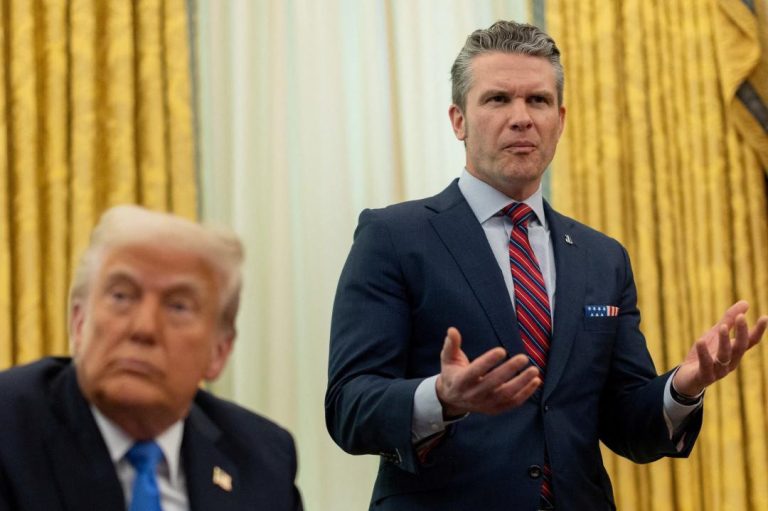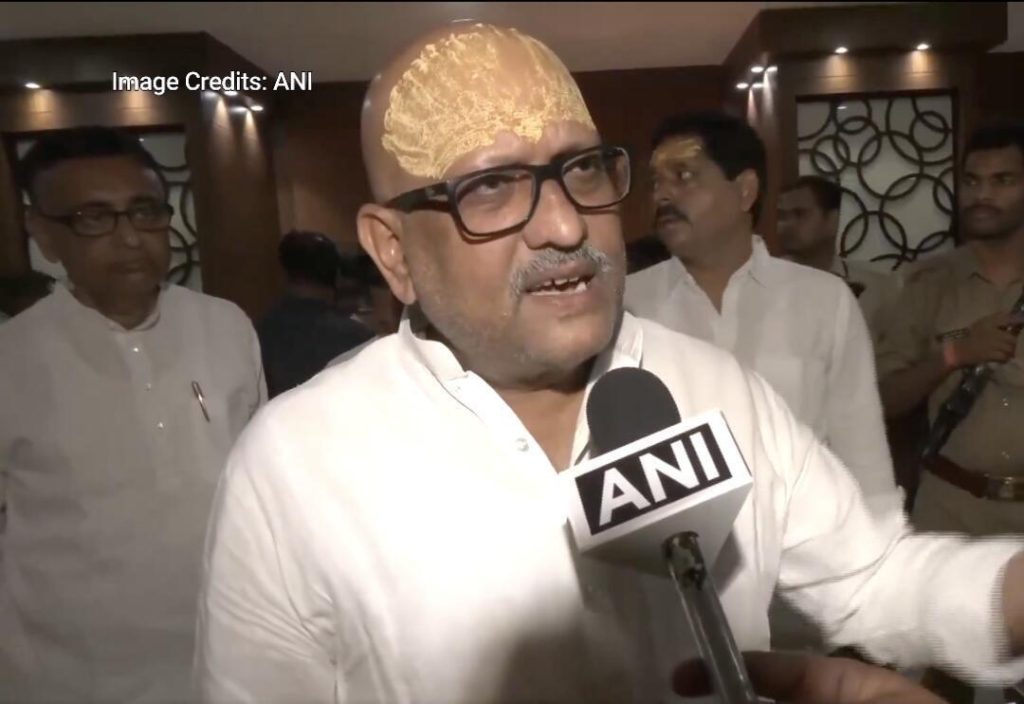
BJP is Congress’ Enemy and Party of Traitors: Congress’ Ajay Rai
The political landscape of India is known for its intense competition and fiery rhetoric, and the recent remark by UP Congress President Ajay Rai is no exception. In a scathing attack on the Bharatiya Janata Party (BJP), Rai labeled the party as “the enemy of Congress” and “a party of traitors”. This statement comes in response to a comment made by Congress President Mallikarjun Kharge during a rally in Buxar ahead of the Bihar elections.
Kharge’s remark, which sparked controversy, stated that “Indira…Rajiv Gandhi gave their blood to the nation…but the dogs of RSS…BJP…haven’t made any sacrifice.” This comment was seen as a jibe at the BJP’s lack of willingness to make sacrifices for the country, implying that the party is more interested in serving its own interests than those of the nation.
Rai’s response was swift and unequivocal, with the UP Congress President stating that the BJP has always been the enemy of Congress. This comment is significant, as it highlights the deep-seated animosity between the two parties and suggests that the Congress sees the BJP as a threat to its very existence.
The BJP, on the other hand, has dismissed Kharge’s comment as “vitriolic” and “divisive”. The party has accused the Congress of resorting to personal attacks and trying to deflect attention from its own failures. The BJP has also pointed out that the Congress has a history of making such statements, and that this latest remark is just another example of the party’s desperation to stay relevant.
But what lies behind this rhetoric? Is it just a simple case of political posturing, or is there more to it? To understand the context, it is essential to look at the history of the Congress and the BJP.
The Congress, once the dominant force in Indian politics, has been struggling to regain its footing in recent years. The party has faced numerous challenges, including internal bickering, leadership crises, and a decline in its popularity. The BJP, on the other hand, has been riding high on the wave of Narendra Modi’s popularity and has been able to capitalize on the Congress’s weaknesses.
The BJP’s rise to power has been marked by a series of controversies and divisive rhetoric. The party’s leadership has been accused of promoting Hindu nationalism and anti-Muslim sentiments, which has led to widespread protests and criticism. The BJP’s handling of issues such as Article 370 and the CAA has also been met with resistance from various quarters.
In this context, it is clear that the Congress sees the BJP as a threat to its very existence. The party feels that the BJP’s divisive rhetoric and policies are a danger to the country’s unity and secularism. The Congress believes that the BJP is trying to undermine the Congress’s legacy and erode its support base.
Rai’s comment, therefore, is not just a personal attack on the BJP, but a reflection of the Congress’s deep-seated fear and distrust of the party. The Congress sees the BJP as a party that is willing to do anything to stay in power, including sacrificing the country’s interests and values.
But is this fear justified? Is the BJP really a party of traitors, as Rai claimed? The answer is complex. While the BJP has been accused of promoting divisive rhetoric and policies, it is also true that the party has achieved significant success in terms of its governance and economic policies.
Under Modi’s leadership, the BJP has been able to implement a series of reforms that have boosted the economy and improved the country’s global standing. The party has also been able to connect with the masses through its social welfare schemes and infrastructure development projects.
However, it is also true that the BJP’s divisive rhetoric and policies have caused harm to the country’s social fabric and democratic institutions. The party’s handling of issues such as freedom of speech and the media has been criticized, and its attempt to undermine the autonomy of institutions such as the judiciary and the Election Commission has raised concerns.
In conclusion, the remark by Ajay Rai is a reflection of the deep-seated animosity between the Congress and the BJP. While the Congress sees the BJP as a threat to its very existence, the BJP believes that the Congress is trying to undermine its legitimacy and erode its support base.
As the political landscape of India continues to evolve, it is essential to engage in constructive and respectful dialogue. The language of hate and divisiveness has no place in Indian politics, and it is essential that parties like the Congress and the BJP refrain from resorting to personal attacks and vitriolic rhetoric.
Source:
